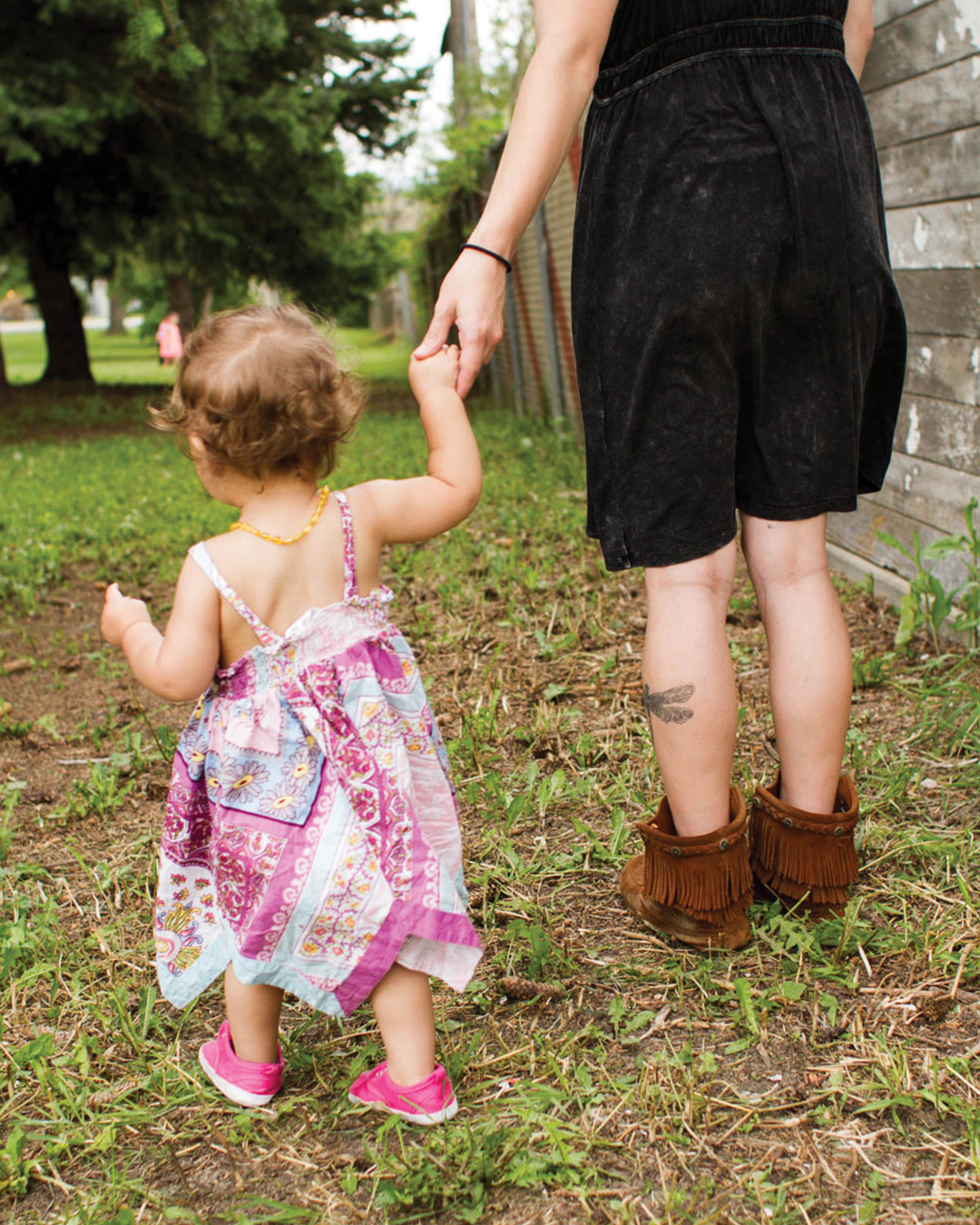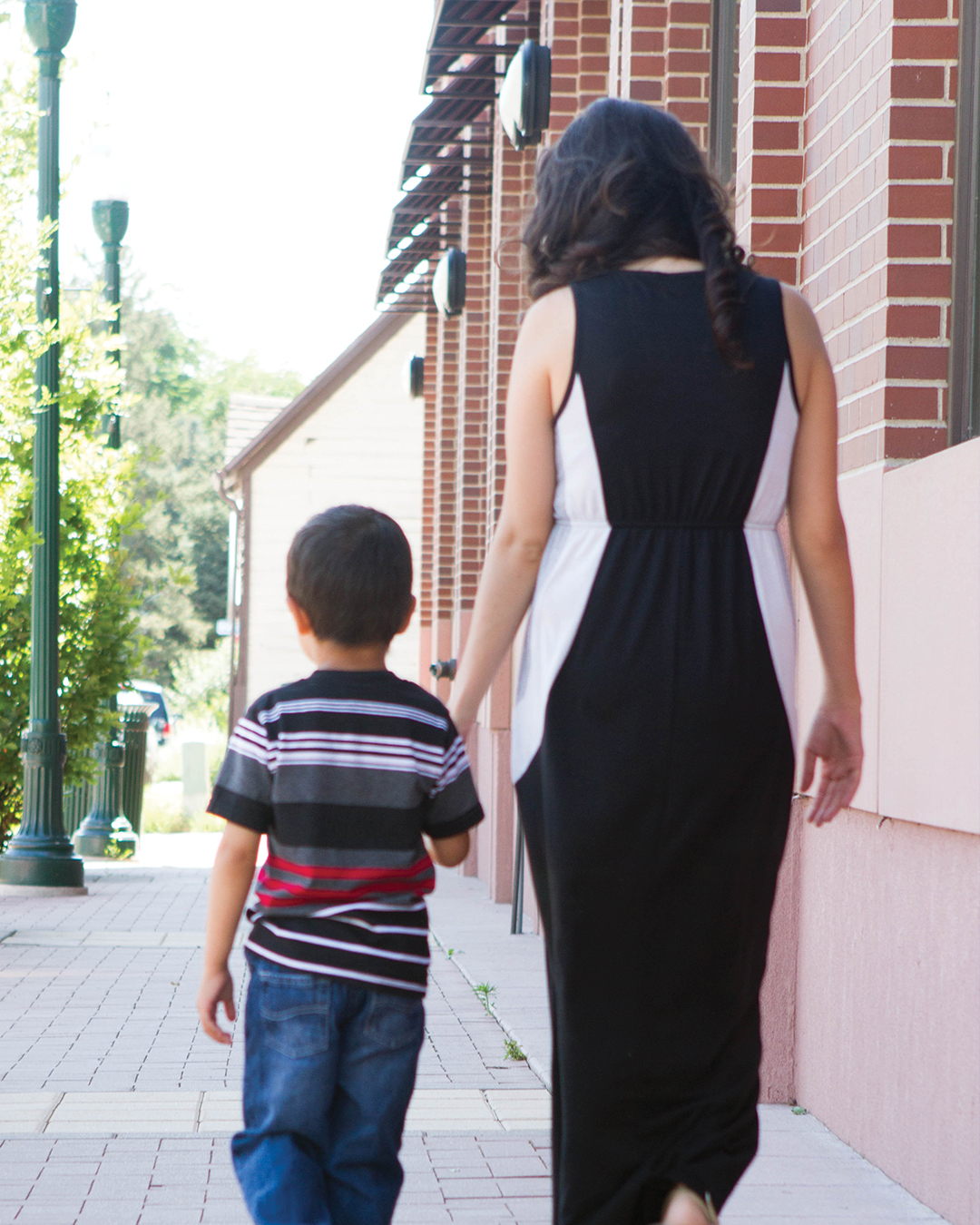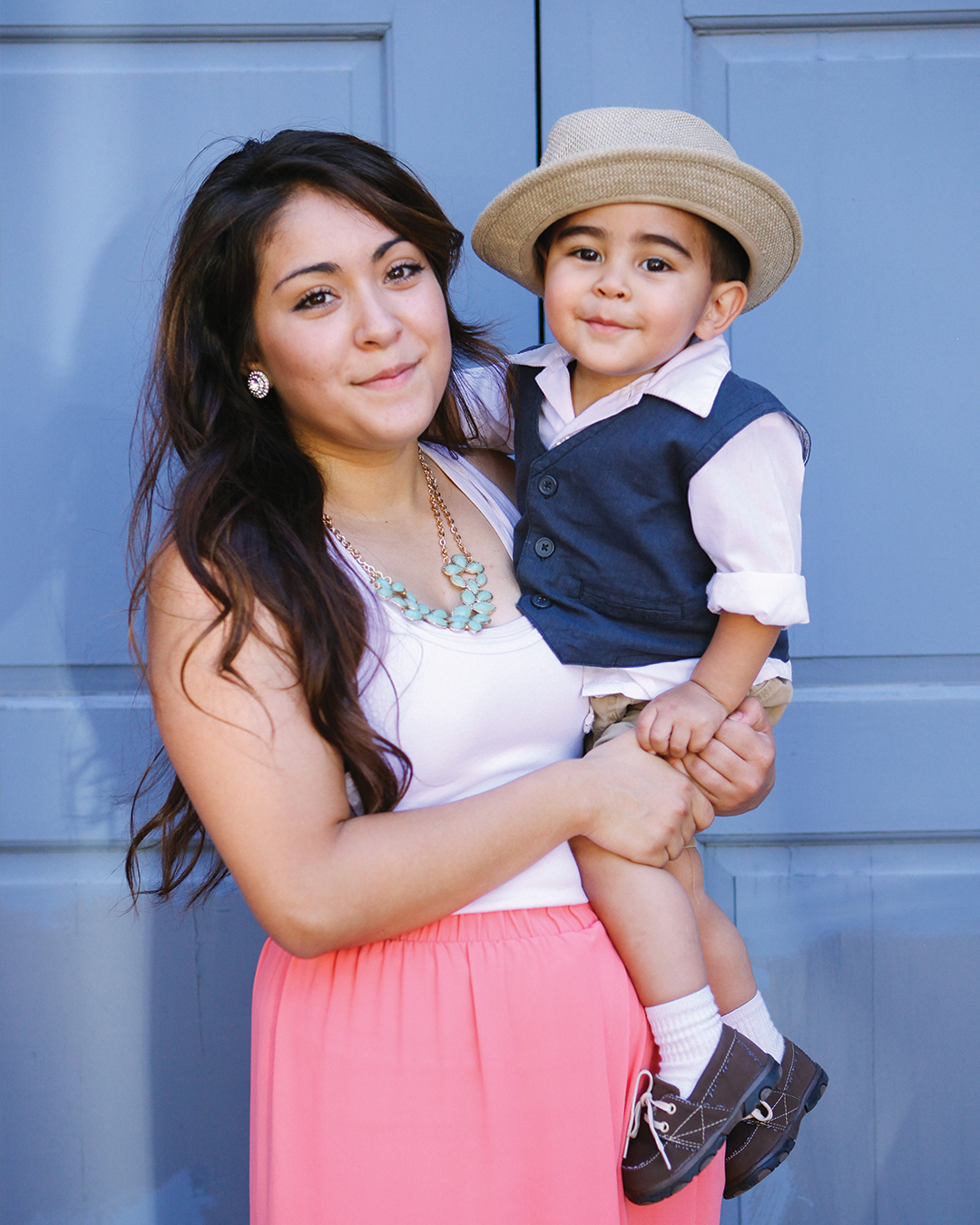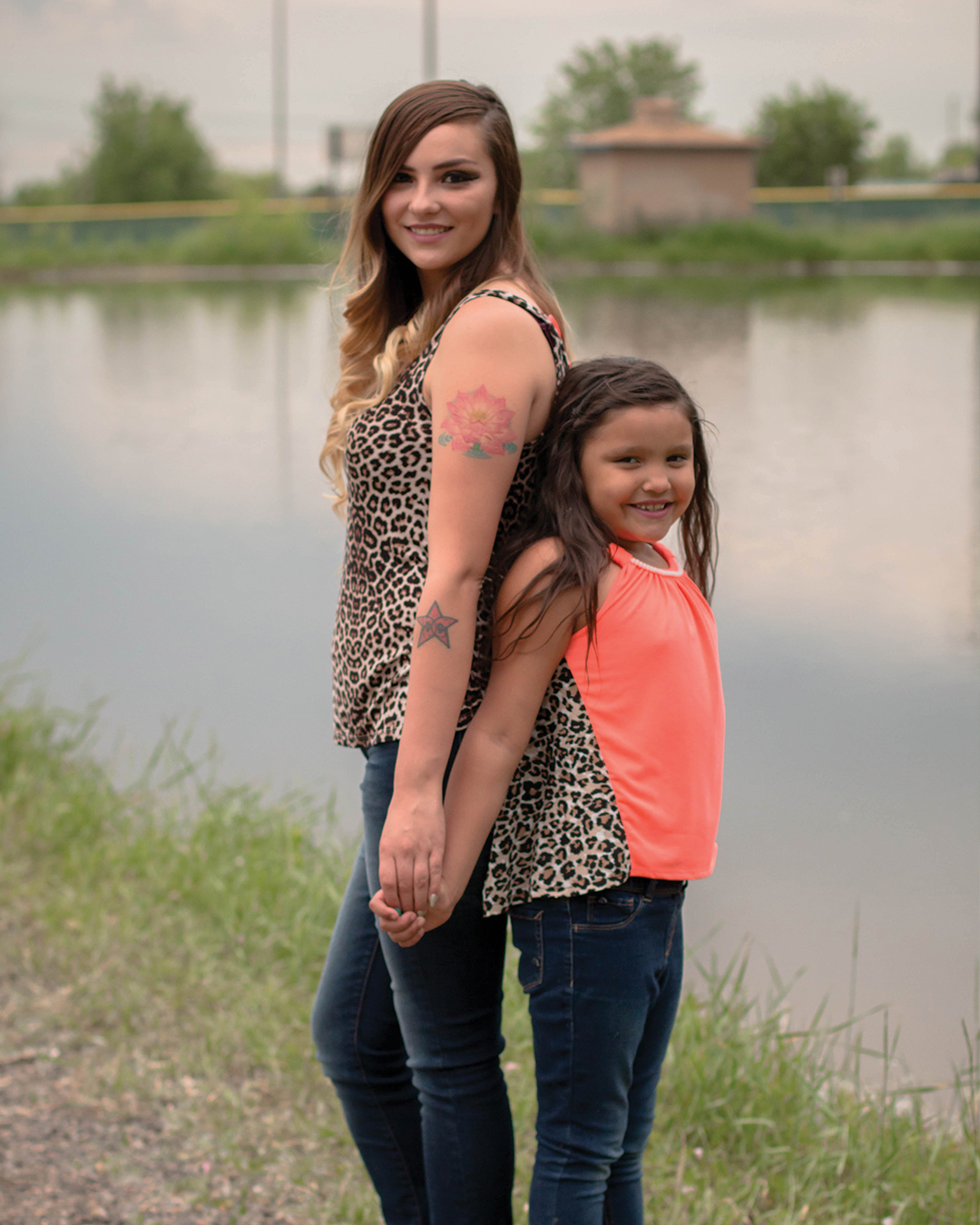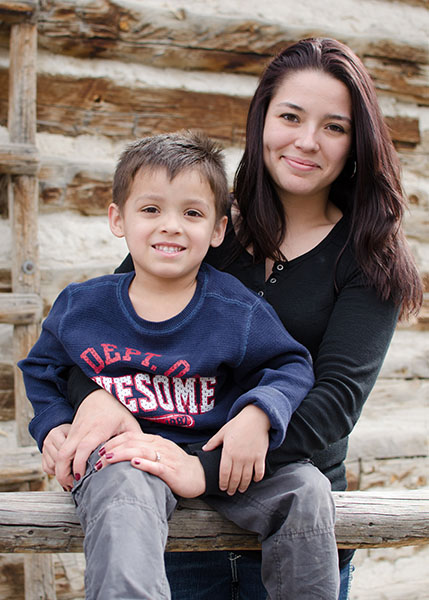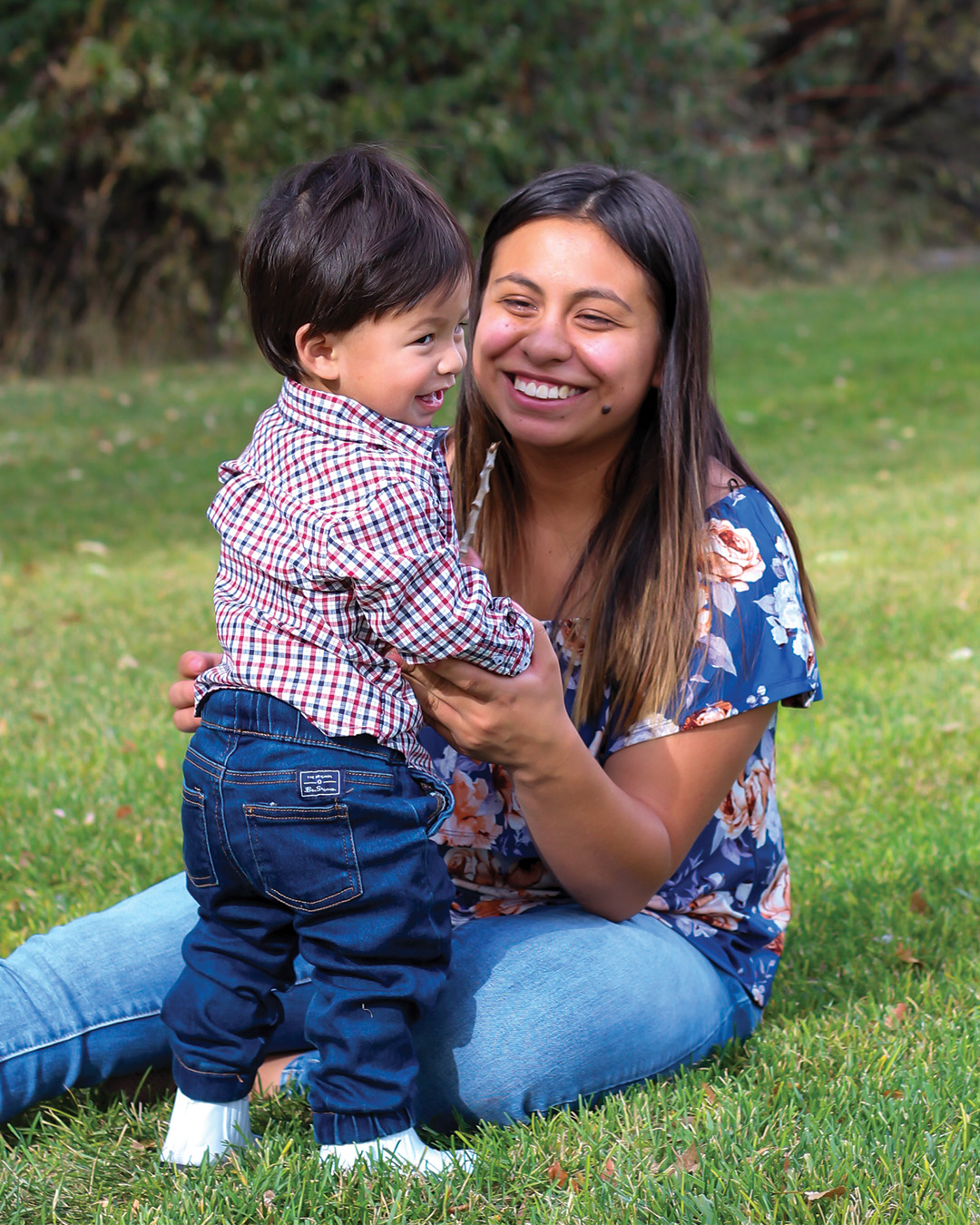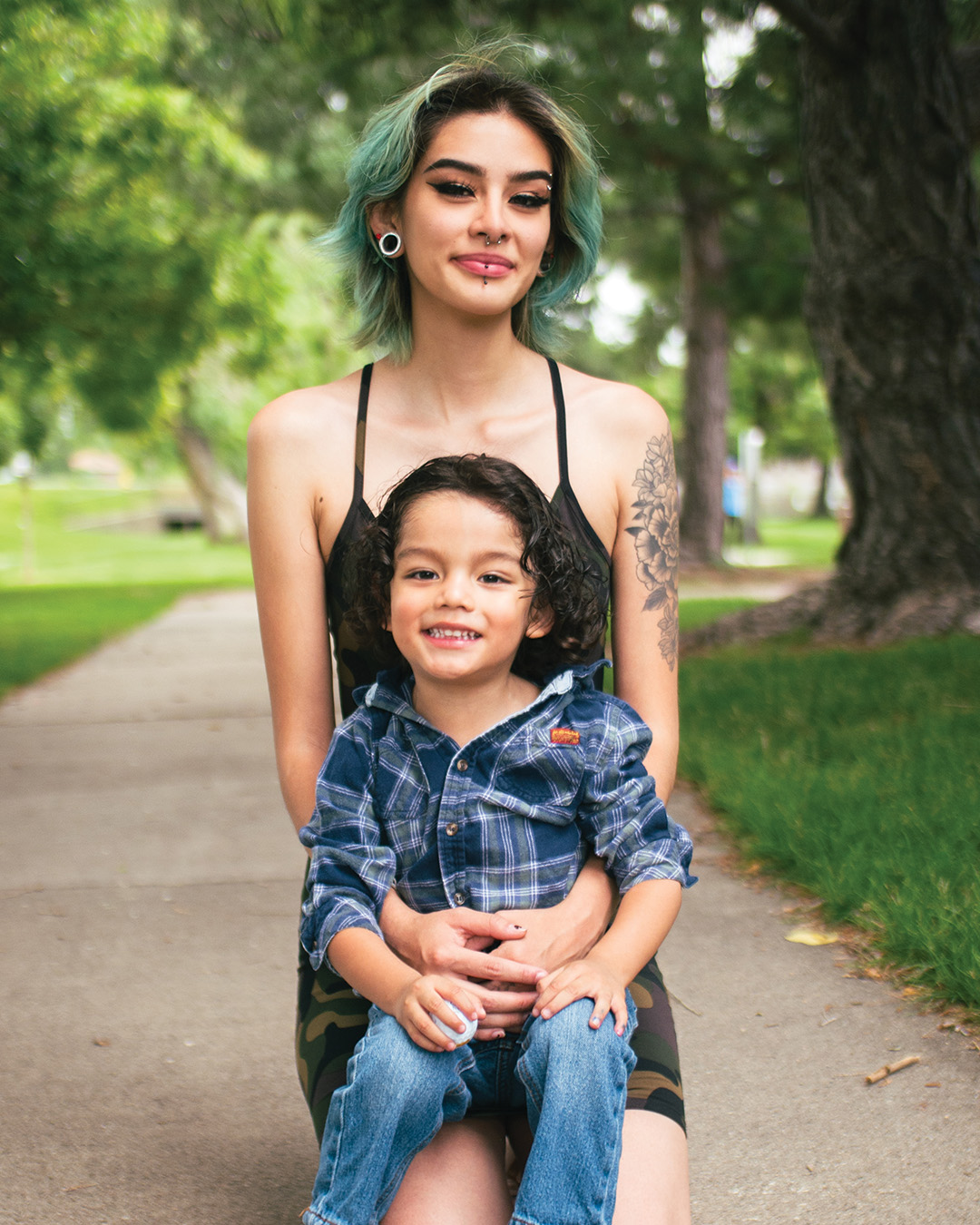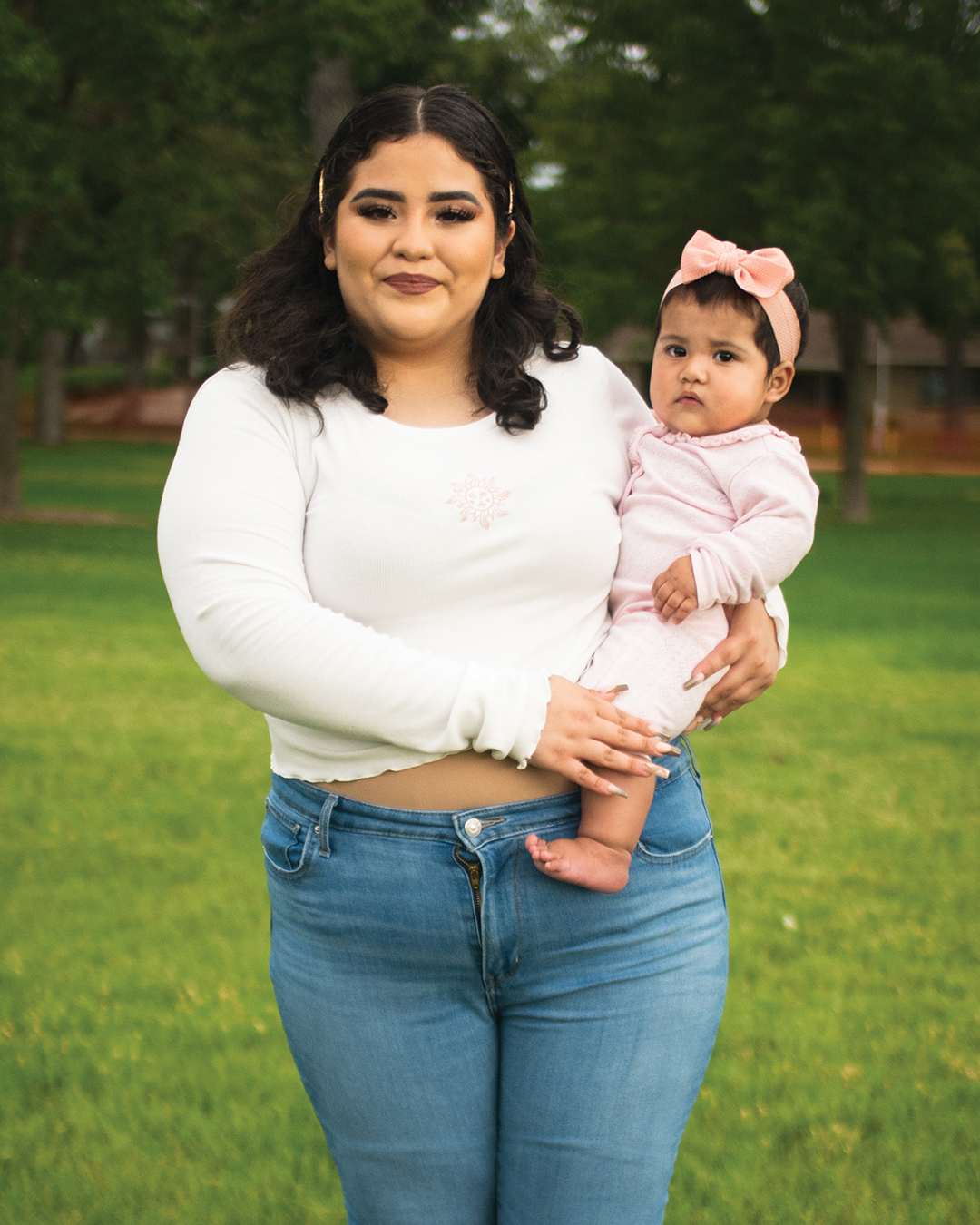[et_pb_section fb_built=”1″ admin_label=”section” _builder_version=”3.18.7″][et_pb_row admin_label=”row” _builder_version=”3.0.48″ background_size=”initial” background_position=”top_left” background_repeat=”repeat”][et_pb_column type=”4_4″ _builder_version=”3.0.47″ parallax=”off” parallax_method=”on”][et_pb_text admin_label=”Text” _builder_version=”3.18.7″ background_size=”initial” background_position=”top_left” background_repeat=”repeat”]
Everything I’ve learned about growing our income and donor database has come from what I’ve read, seen and experienced in the seven years of fundraising at Hope House — and what I experienced in a long-time career in sales. What I have discovered is that it’s all about your relationships with your donors, applying best practices and constantly trying to do it better.
What’s a winning strategy to grow your donor base? What should you be focusing on? How do you beat the donor retention odds?
Donor retention is a fickle thing, and this is where fundraising is not like my experience in sales. Sure, in sales you will lose customers and accounts, but the majority of the time you are keeping way more customers than you lose. Otherwise, you are probably not that good in sales. However, that’s NOT the case in the fundraising world, where you will lose half of your donors year over year. Ugh! And it costs more time and energy to get new donors than to keep your existing donors. So, what is your strategy to keep these donors?
First you need to realize that if you can keep a donor for three years, then the odds are you will keep them for a very long time. So, keeping your large donors should obviously be a key strategy every year. But what about your small or medium size donors? These donors can turn into monthly donors and make ideal targets for planned giving strategies. Focusing on these small to medium donors also spreads out your risk when you do lose a large donor. You need a strategy to address all three levels of donors: Large, medium and small.
Next, identify what metrics you are going to track year over year. You need to know where you are in order to figure out where you are going. Once you know where you are, then you can develop strategies to improve year over year. At Hope House, we started tracking metrics that were being asked by charity watch dogs and were considered best practice metrics.
Here are a few of the of metrics we track and report every year:
- Every income stream and what percent it makes up of our overall fundraising.
- 5-year plan for each income stream over the past 5 years and how the income stream is growing or not growing.
- Number of donors and breakdown of giving levels.
- PEO (“Participating,” “Engaged” and “Ownership” are how we segment our donor database, per Mission Increase Foundation). We aim for a 10% growth for our P’s, and a 5% growth for our E and O’s. We review these donor lists quarterly to keep these metrics current.
- Donor Churn.
- Donor Retention: We constantly try to beat the odds on this!
- Breakdown of donor gift size – most charity watch dogs want this info!
- Volunteer hours totals and breakdown by department. (We like to report this in our annual report because we couldn’t do what we do without our volunteers!)
- Meals donated, which is a great way to engage donors, companies, etc.
We review these metrics every year and update what’s going on each quarter. That way we can make adjustments and change focus to improve the metrics and watch our fundraising goals closely. This strategy has been instrumental, I believe, in helping us to grow our fundraising and donor numbers every single year.
The next question is how do you keep your donors? Who’s responsible for these relationships? How are you communicating to them? Do your communication and marketing strategies reflect your vision, what’s going on this week, and your successes with the ones you serve? Are you a good story teller? Are you talking about what success looks like? You should be communicating all of these topics in tandem to your donors.
We assign our donors to key staff members, and it’s their responsibility to engage and move the donors forward. Stories about the progress our teen moms are making are great tools for moving a donor forward. Last week I shared the story about one of our moms who has struggled with an abuse issue and learned to overcome it — and how Hope House provided the support she needed to get out of this relationship. I shared how our Healthy Relationship Classes helped her identify the red flags in this relationship and about our staff member who provided the tools she needed to get into safe housing. This story moved the donor to start volunteering monthly — and they sent in a generous year-end gift.
We are also fanatics about thanking our donors. We do thank you calls and thank you notes, and we try hard to get a new donor to come to an open house or to take a next step with us. This is because we believe in Transformational Giving — not Transactional Giving. You can learn more about this through the Mission Increase Foundation. We’ve based our fundraising model on their principles. This approach emphasizes that it is not about the size of the gift but rather about the process of moving the donor from “Participating” to “Engaged” to “Ownership.”
We have also worked to instill a culture of philanthropy within our staff. In fact, over 90% of our staff invest their own money into our programs. I once was asked by a very large organization how we get our staff to give every month. We ask them! We also like telling our donors that our staff members are monthly givers, too.
One of the best compliments I have received was when a Hope House champion told me that he gets a different feeling when he is around us, when he reads our communications, and when he hears directly from our moms. He loves that Hope House provides the tools and coaching that our moms need to be successful. Our moms are combining their mommy motivation with the things they have learned to be successful in being a mom, being a student or thriving in the work force. We try really hard to communicate the journey to our champions. We are not afraid to tell the setbacks and the struggles and be honest about how hard it is. We talk about our moms’ success stories, and how they inspire us, and we make it clear that our champions are helping to make a difference. How cool is that? I take that as a compliment that we are on the right track.
[/et_pb_text][/et_pb_column][/et_pb_row][/et_pb_section]


